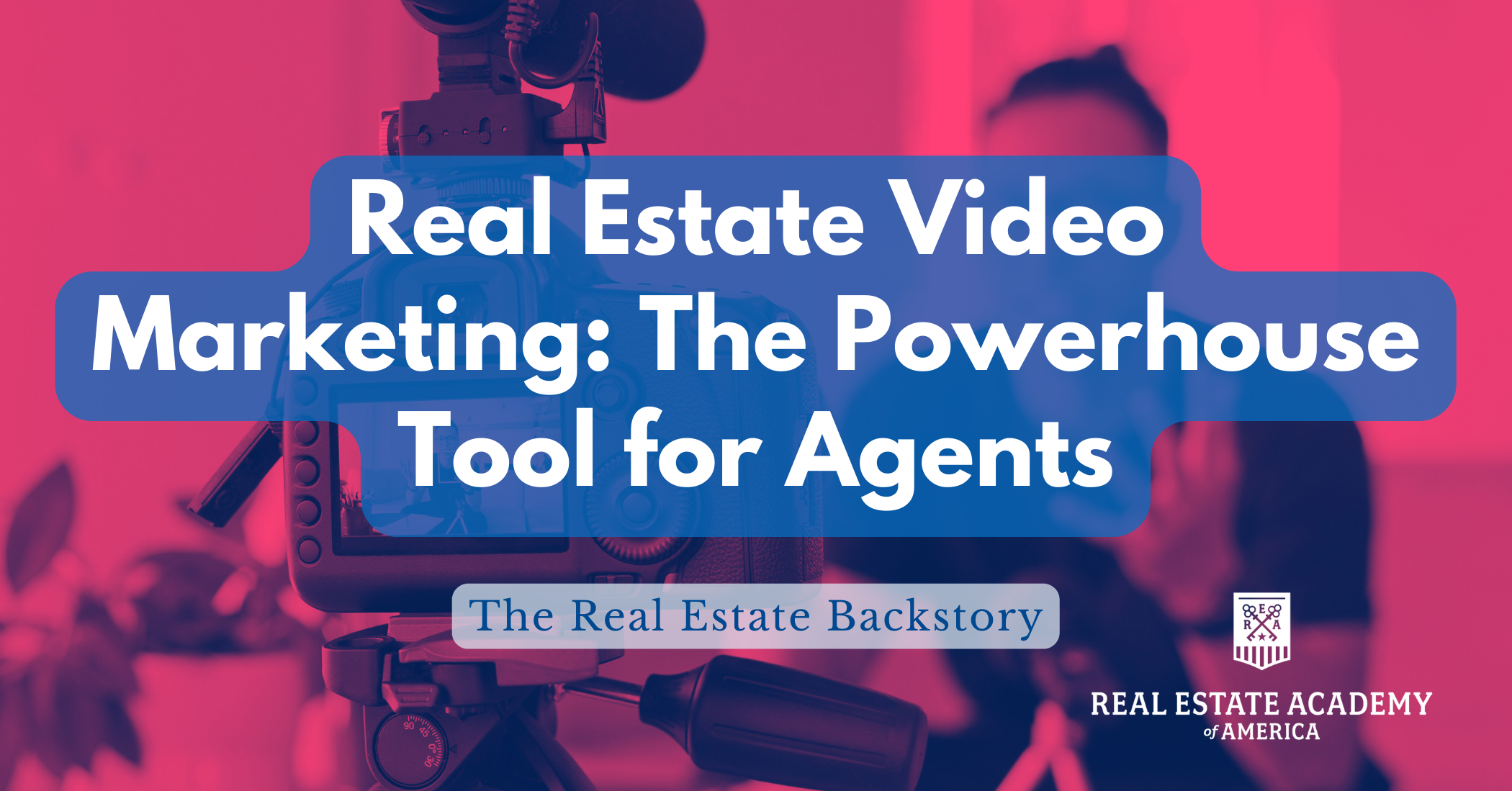How do you write up a contract on the Georgia Association of REALTORS (GAR) package for all cash in 2023? What if Buyer is getting a hard Money Loan? Is there an Appraisal contingency on a cash contract? When may a Seller terminate on a cash contract? The following is a synopsis of the latest episode of “Real Estate Made Crystal Clear” with our very own Dana Sparks. You can watch the video in its entirety below.
In today’s contract tip, we delve into a crucial aspect of real estate transactions, namely the GAR F401 – No Financing Contingency Exhibit by the Georgia Association of Realtors (GAR). Formerly known as the Cash Exhibit, this exhibit underwent a name change in 2023 to better reflect its purpose. In this blog post, we’ll examine the exhibit and highlight key points that both buyers and sellers should be aware of when utilizing this document.
Understanding the No Financing Contingency Exhibit
The No Financing Contingency Exhibit (GAR form F401) is designed to address two distinct scenarios. The first scenario involves an all-cash purchase, where the buyer asserts their ability to complete the transaction without any reliance on financing. The second scenario pertains to buyers who opt for financing but willingly forego making the purchase contingent upon loan approval. Instead, they are prepared to risk their earnest money should they fail to secure a loan or convince a lender to provide the necessary funds.
Implications for All-Cash Purchases
If the buyer intends to make an all-cash purchase, they must confirm that they possess sufficient liquid assets to complete the transaction. Notably, in this situation, the buyer relinquishes the unilateral right to extend the contract by eight days unless it pertains to a closing attorney’s readiness, unrelated to any delays caused by mortgage lenders.
Buyer’s Willingness to Risk Earnest Money
For buyers seeking financing but waiving the financing contingency, GAR F401 includes provisions that account for their preparedness to forfeit earnest money in the event they are unable to secure a loan. This section allows buyers pursuing regular institutional financing or hard money loans to relinquish their right to unilaterally extend the closing based on eight days, provided it is not related to loan or trade disclosure issues. The buyer’s right to extend is only applicable if the closing attorney is unready due to factors unrelated to mortgage lender delays.
Verification of Funds
Paragraph two of the exhibit outlines the buyer’s obligation to provide proof of funds within a specified timeframe from the binding agreement date. Buyers must furnish documentation or arrange for it to be provided to the seller, explicitly detailing the source of funds necessary for purchasing the property. Proof of funds may include letters from trust accounts, stock brokerage firms, financial institutions, or account statements from trusts, among other possibilities. Furthermore, if the buyer opts for financing, they must also provide a loan commitment letter from the mortgage lender within the same timeframe.
Seller’s Termination Rights
To safeguard their interests, sellers are granted the right to terminate the agreement if the buyer fails to provide documentation of funds for all-cash purchases or a loan commitment letter for financed transactions within the stipulated timeframe. This provision ensures that sellers can make informed decisions based on the buyer’s financial capacity.
Appraisal Contingency
Even in all-cash transactions without involving a lender, the exhibit highlights the need for negotiation between the buyer and seller regarding an appraisal contingency. The agreement specifies whether the property must appraise for at least the purchase price, and the type of appraiser and selection process should be established. It is crucial for both parties to acknowledge that an all-cash transaction does not automatically exclude the possibility of an appraisal contingency. In case the property does not appraise for the sale price, the exhibit provides a timeframe within which the buyer can submit an amendment requesting a price reduction. However, it’s important to note that sellers are not contractually obligated to lower the price unless otherwise agreed upon in a special stipulation within the purchase and sale agreement.
In conclusion, the GAR F401 – No Financing Contingency Exhibit serves as a vital component of real estate transactions. Whether you’re a buyer or a seller, understanding the exhibit’s implications is crucial to ensure a smooth and informed negotiation process. By acknowledging the exhibit’s requirements, including verification of funds, termination rights, and potential appraisal contingencies, both parties can navigate the complexities of real estate transactions with confidence.
Watch the entire video for more information here:





